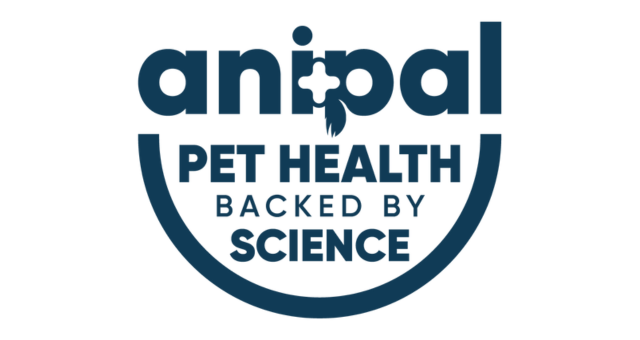
Happy Dental Month!
Does your dog have bad breath, discoloured teeth, loose teeth, or a change in appetite?
There is a high likelihood that your dog might be suffering from dental disease.
In fact, over 80% of dogs develop dental disease by the age of three!
What is dental disease?
When vets talk about dental disease in dogs, we are referring most commonly to gingivitis and periodontitis. The steps on how this develops is below:
- It first begins on the tooth surface when bacteria and food accumulate, forming plaque. Over time, salvia in your dog’s mouth causes the plaque to harden like cement, firmly attached to the tooth. This is called tartar, which is yellow, porous and causes discolouration, bad breath and can lead to further infection.
- As the inflammation advances the bacteria creep into the adjacent gum tissue around the tooth causing a red line, which is a sign of gingivitis. This inflammation can cause pain and bad breath for your dog.
- Over time if gingivitis is left unchecked the bacteria spreads below the gumline, damaging the tissue around the tooth and the tissue that attaches the tooth to the gum, leading to loose teeth and teeth falling out. This is called periodontal disease. This causes a lot of pain, bleeding and is irreversible.
How do we best look after our dog’s teeth?
- The best way to look after your dog's teeth is brushing them! Just like us, the act of brushing dislodges the buildup of plaque. Even brushing your dog's teeth once or twice a week helps enormously! To do this, we recommend starting slowly, enabling your dog to get used to the brush. Ideally you can start when they are puppy! We recommend getting a tasty toothpaste, this will help your dog enjoy the experience.

- Make sure your vet checks your dog's teeth at your annual vet check! Your vet can spot any signs of dental disease in which case a scale and polish can be helpful.
- Dental sticks! The act of chewing helps remove plaque from pet’s teeth. The more chewing, the better! Consider our Calm Dental Sticks for Anxious Dogs or if you have a puppy, our Grow + Train Puppy Dental Sticks, which are suitable over 12 weeks of age.
Caring for your dog's dental health is not just about maintaining a dazzling smile; it's about ensuring their overall well-being.

Always read the label. Intended for occasional or supplemental feeding. For further advice or directions, contact your veterinarian or animal health professional. For animal consumption only.






